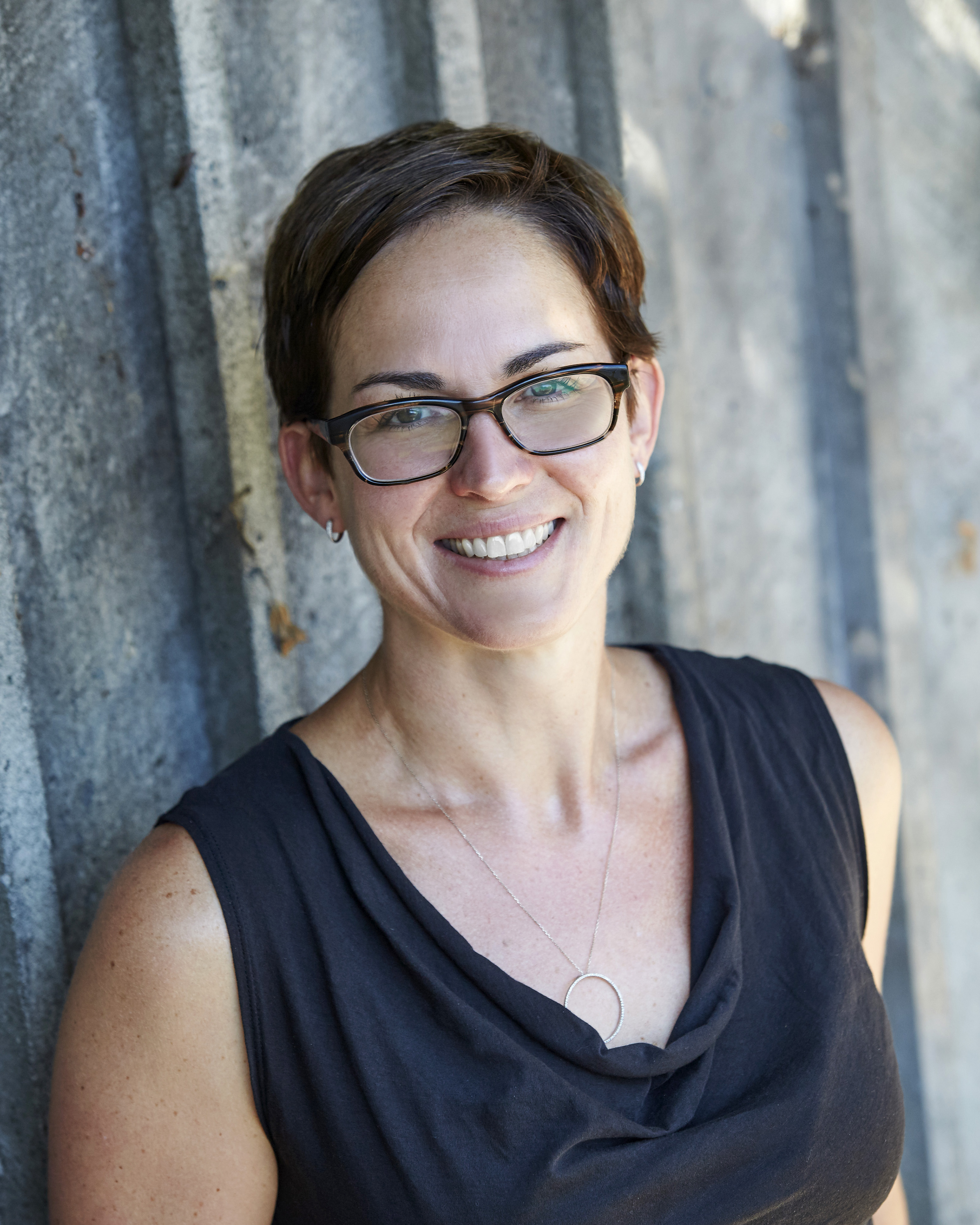
Langues
Planned Giving Summer School Series: La Dolce Vita and Other Summer Stories

Category:
What are you reading this summer? Ulysses? Fifty Shades of Grey? From the sublime to the ridiculous (but which is which?) I hope you find some down time to read something you love. I also hope you’re spending time this summer creating stories—making memories with your loved ones.
And here’s what stories have to do with Gift Planning Summer School. Sure, you could spend your summer in a textbook boning up on the latest about charitable gift annuities. But save that for the academic school year! Summer school is much more mellow. I took a whole summer course on Italian cinema. That’s La Dolce Vita indeed!
I encourage you to spend some of your summer time simmering with the beautiful privilege of legacy storytelling. Here at the Agents of Good, we focus on finding 3 main kinds of legacy stories:
- The story of someone who left a legacy and your organization was able to do something amazing with it. This is the story that demonstrates impact, that gets your donors thinking, ‘wow, these guys really do amazing and important work and I’d love to be part of a future turtle rescue hospital too’!
- The story of someone who has passed on and whose living relatives can tell their story and talk about what it means to them. This story does double duty. Not only does it literally give a voice to the dead, but it also allows you to confront one of the biggest barriers to legacy giving: the idea in a donor’s mind that it will be difficult to set up and/or complicated for their family.
- The story of a living donor who can share their thoughts, feelings and reason for leaving their legacy.
Here are 2 examples:
Shining Light
My grandma used to say that my mom was the light in her life. My mom was adopted as a newborn baby and she was everything to my grandparents. She was a feisty girl, insisting on helping my grandpa tinker with mechanics in the garage, while growing up with the same independent and strong spirit as my grandma.
My mom passed away February 16, 2000. And the light in my grandma’s life went out. As part of her grieving process, she started talking about wanting to do more to help our organization, because it had helped my mom so much. We started a conversation about a gift in her Will, as a way to make sure mom’s memory stayed alive. She loved the idea, and we worked with the organization on a gift plan that was perfect for her, for our family, and that would have the maximum impact on other families. Not only was it simple to establish, it made my grandma feel more connected to my mom and to our family. I’ve since lost my grandma, too. But I know that she died knowing that my mom’s light was still shining, in me and in her gift to the Society.
A Cause In My Heart
I’m a nurse, and my late husband and I were both involved as volunteers at first. He was on the Board before me, and as a matter of fact, I was the first female Board Member. They desperately needed a woman here and I fit the bill. All these businessmen couldn’t figure out a simple way to sort out issues in the operating room and the delivery room. Oh for goodness sake! It took a few conversations and a bit of listening, and it was sorted out. Since then, I’ve been involved, and giving, all my life.
This is my Hospital. It’s the one I use. It gives me what I need, so I feel happy supporting it. And, as I said, I’ve been involved all my lifetime, and I want to still be involved when I’m gone. We all have causes in our heart. And I wonder sometimes, when I talk to others in my ladies group, what are they waiting for? Many of us are getting along in age. Hurry up! It’s time for us to take action for the things we believe. Those causes in our hearts. Our Hospital is mine.
Bonus!
I can’t share legacy stories without this. You may know about the work of Dr. Russell James in Texas. He performs MRIs on people as they think about charities, and about legacies. A key discovery is that the part of your brain that lights up when you think about your legacy is called your ‘visualized autobiography’. Very literally: the story of my life. So when you write legacy stories, work at zeroing in on this core human sentiment, captured perfectly by this donor, talking about remembering an environmental charity in their Will.
“Maybe there’ll be mention of me somewhere someday and my granddaughters will say, ‘She was our grandma. She loved nature.’ Could I be better remembered?”
This summer, find and share stories about real people and real impact. Focus on the why, not the how. Every story you tell gives your readers a chance to see themselves in your stories, connecting with emotions and shared values. That’s #donorlove!
And just to leave you with a taste of La Dolce Vita: https://www.youtube.com/watch?v=ruADtX3fz8A
Dr. James’ book https://www.amazon.ca/Inside-mind-bequest-donor-communication/dp/1484197836
Other posts from the Planned Giving Summer School Series:
- Houston, we have a problem by Leah Eustace, CFRE, ACFRE
- Be a summer school seditionist and raise millions by David Kravinchuk
- Getting an A+ on your next Supporter Survey by Aimée Lindenberger



Ajoutez le commentaire